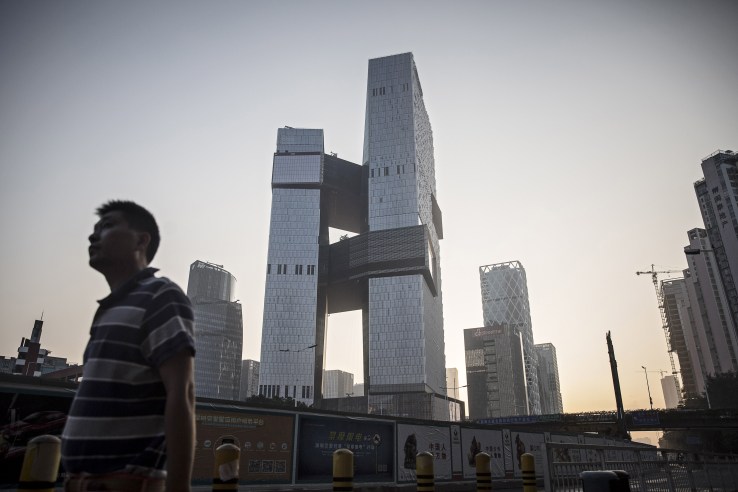Notes from Shenzhen — the next Greater Bay Area

I just walked into Shenzhen, and boy, is my mind boggled. Let me just get all my knee-jerk chorus-line reactions out of the way, before we get to the weird stuff: yes, this place is amazing. Yes, the scores of shiny new skyscrapers look like something out of science fiction. Yes, the electronics markets are colossal hives of sensory overload, buzzing nonstop with small-scale high-tech hardware commerce.
And yes, you do get the sense here of being at a hinge point, in a place where history is being made while we watch. This is only fitting for the fastest-growing city in the fastest-growing region in the fastest-growing major nation on earth. But more interestingly, it’s a feeling that Silicon Valley used to have … but hasn’t for a few years now, it seems to me.
Let’s talk about that region for a second. The Pearl River Delta, which includes Hong Kong, Guangzhou, and half a dozen other cities you’ve probably never heard of with populations measured in the millions, has a total population which (probably) exceeds that of California, Canada, and England – combined. Yesterday I spotted a reference to this region as the “Greater Bay Area.” Take that, San Francisco!
I kid, I kid; only a stereotypically self-obsessed San Franciscan could think that this is about them. America is still the king of software, for now, but China’s tech giants are catching up. China’s authoritarian government keeps stubbornly refusing to fall, or to lead its people into economic collapse, whereas the West is riven by internecine cultural warfare and the most incompetent governments in generations, at least in Washington and London. It seems inevitable that this will be the Asian century. Right?
…Maybe not.
(I warned you this was gonna get weird.)
I know of Shenzhen because it’s a hacker destination, in the same way that I know of Yangshuo up the road because it’s a backpacker destination. One of the interesting things about the hacker subculture is that, since your interlocutor is often/mostly just words on a screen, it treats nationality like hair or eye color; like idiosyncratic but ultimately irrelevant personal color. (Would that this were true of gender, sigh, but that’s another post.) The same is largely true of the backpacker subculture – as long as you share a common language.
Those two are, respectively, perhaps the most technical and most globalized of all the world’s weird subcultures. What if it turns out that they point the way to our technical globalized future? What if forthcoming generations, mediated by real-time AI and English as everyone’s second (or third, or fourth) language, find out they generally have more in common with a cohort of peers scattered across nations all over the world than with their neighbors?
We live in an era where culture and language and memes and multiplayer video games cross borders far faster than goods. Perhaps dreams and values are next. I like to imagine that there’s at least a chance that this is the century of distributed communities, rather than any one region of the globe or twentieth-century nation-state. I know that sounds weird; but looking around at the Pearl River Delta around me, its skyscrapers and bicycles and drones and Bitcoin mining rigs, what I find myself wondering is whether it’s not weird enough.
Featured Image: Qilai Shen/Bloomberg/Getty Images